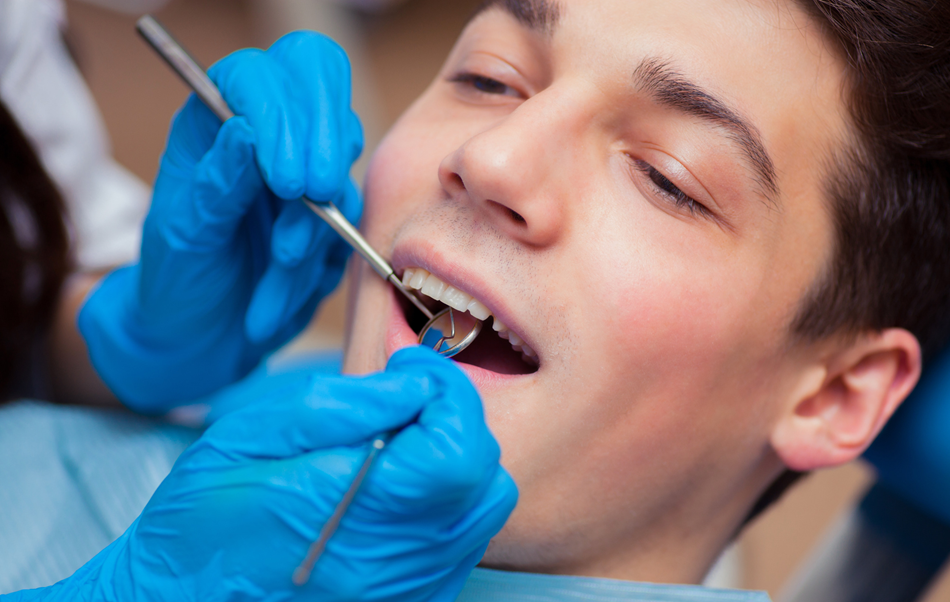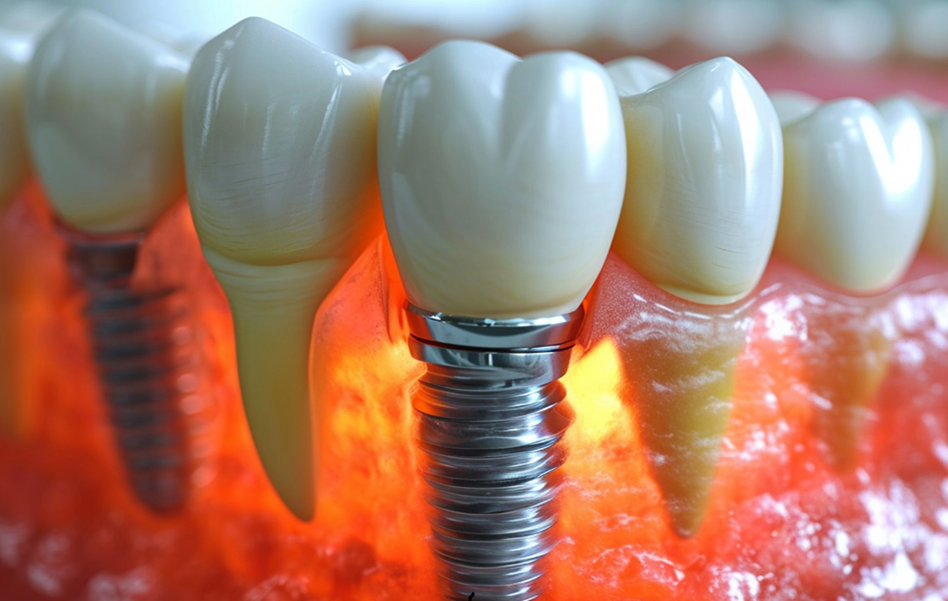Tackling the Troublesome Issue of Bad Breath
 Admin - General » Periodontics
Admin - General » Periodontics
 Feb 1, 2024
Feb 1, 2024
Tackling Bad Breath
Many people are unaware of their own breath’s odor. It’s only when a courageous individual points it out, or if self-doubt creeps in, that one recognizes the problem. It’s crucial, though, to take such feedback seriously and seek reliable advice if you’re concerned about bad breath.
Bad breath isn’t just an embarrassing nuisance; it can be an indicator that something in your body requires attention. Understanding the root causes of bad breath is the first step in addressing it. Let’s explore the reasons behind bad breath and how you can freshen up.
The Culprits Behind Bad Breath
Overwhelmingly, the origins of bad breath lie within the mouth, with 90% of cases stemming from bacteria that produce foul-smelling compounds. Such bacterial by-products are responsible for odors resembling rotten eggs or even feces.
The tongue, especially its posterior part, serves as a breeding ground for bacteria that feast on various organic matter, such as dead cells, saliva proteins, and nasal fluids. A coating of microbial “fur” may form on the tongue, permeating your breath with unpleasant smells. Fortunately, a simple solution exists: brush your tongue regularly as part of your oral hygiene routine.
Other contributors to bad breath are onions and garlic, which can affect your breath for several days after consumption due to residue left in your mouth. Smoking tobacco and pus from dental infections are other common offenders.
Bacteria find sanctuary in the nooks and crannies of the mouth that evade a toothbrush’s reach. These may include spaces under faulty fillings, cavities, gum pockets resulting from periodontal disease, and areas around unclean dental installations, such as implants, dentures, and braces.
Seek assistance from a dentist or hygienist to spot and address these bacterial hideouts, tailor your oral hygiene practices, and minimize mouth odors.
Morning Breath and Its Implications
Nearly everyone has faced the reality of morning breath, but why do some suffer more than others? As saliva production diminishes during sleep, food remnants ferment and bacteria proliferate, releasing odorous gases. Thus, thorough brushing and interdental cleaning before bedtime are imperative.
Several factors lead to decreased saliva flow, such as stress, fasting, dehydration, certain medications and drugs, and alcohol and caffeine consumption.
Breathing through the mouth during sleep can exacerbate morning breath issues, often due to sinus problems impeding nasal breathing.
When Bad Breath Signals Larger Health Concerns
Persistent bad breath may be a sign of chronic sinusitis or tonsillitis, with tonsil stones being particularly notorious for their smell. Children sometimes lodge small objects in their noses, inviting a bacterial buildup with a subsequent foul odor.
The Path to Fresher Breath
Good oral hygiene, sufficient water intake, abstaining from tobacco, regular dental checkups, and managing sinus and tonsillitis conditions are vital for preventing bad breath. While the allure of onion and garlic may triumph at times, sugar-free chewing gum or mints can mask temporary malodors.
If you’re troubled by persistent bad breath, consult your dentist or hygienist for a diagnosis and effective management strategies.
Bad breath can be more than a social inconvenience; it often reflects the overall health of your oral cavity and sometimes, it can suggest more systemic issues. By maintaining diligent care and seeking professional guidance, you can ensure that your breath remains fresh and that any underlying health issues are addressed promptly.
Trending News
-

New Device Detects Gingivitis Early Admin
-

Non Toxic Dental Fillings : BPA, BHT, HMBP, DPCL, TPSb, HEMA, TEGDMA Free Admin
-

Essential Questions for Your Oral and Maxillofacial Surgeon Admin
-

Why Root Canals Fail? | The Usual Suspects Meredith Y. Newman Endodontist Fresno
-

Understanding the Risks and Causes of Dental Implant Failures Admin
